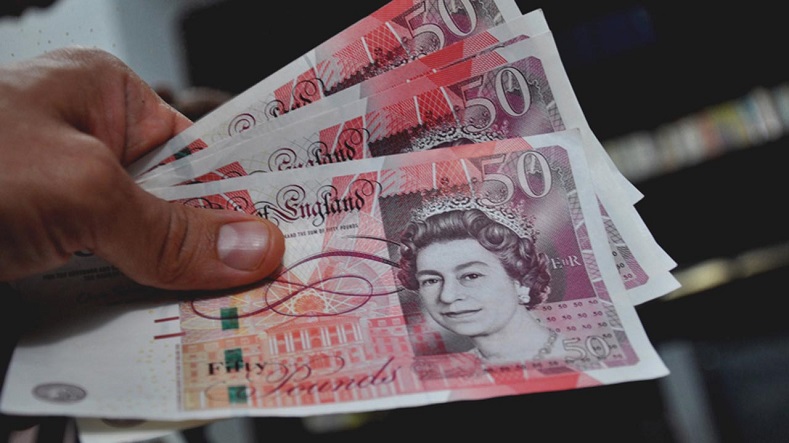Sterling remains vulnerable
Just in the past week, or so, there have been two developments that could, in theory at least, improve the pound’s fortunes. However, sterling still looks vulnerable.

Sterling remains vulnerable
>> Sterling: a good bounce-back trade?
Both of these developments relate to Brexit. The first is that the UK and EU may have finally sorted out their dispute over the Northern Ireland protocol. The second is that the resignation of Scottish National Party (SNP) leader Sturgeon could well scupper any attempt to break Scotland free from the rest of the UK to re-join the EU.
Mr. Steve Barrow, Head of Standard Bank G10 Strategy, said he doesn’t feel that either of these will lift sterling’s spirits for three main reasons.
The first is that any agreement over the NI protocol won’t mean very much. Of course, it could ease the lives of those exporters to Norther Ireland that have had to cope with checks on goods going across the Irish Sea. And it could aid the recipients of goods in Northern Ireland who have struggled with supplies of some products since the UK left the EU.
But in Mr. Steve Barrow’s view, the big prize from sorting out the protocol, which is better engagement with the US on a free trade deal, looks further away than ever. This is because in the time the UK engineered its own deglobalisation path away from the EU, so the US too has become far more protectionist. It started with President Trump and his attack on China and there’s been no let up from President Biden. Indeed, many in China – and the EU – might think that the president’s recent Inflation Reduction Act (IRA) represents a far more protectionist act than Trump ever delivered against China.
What’s more, it is notable that the EU has agreed its own plan to try to counter this action, by agreeing that countries can give more state aid to the green sectors of their economies, while the UK appears pretty powerless to fight back against US actions.
In short, it seems to us that trying to appease the concerns the US raised when former PM Johnson threatened to rip up the protocol will not yield a trade deal. This does not imply that sorting the protocol is without merit; just that it seems unlikely to have any significant trade benefits, or benefits to the pound.
Concerning the second reason for caution; it has increasingly appeared that Scotland’s attempts to engineer a second referendum on leaving the UK, after the failed attempt in 2014, were proving fruitless. Indeed, this may have been part of the reason why SNP leader Sturgeon chose to step down last week. In addition, opinion polls have suggested that support for Scottish independence has been falling away. In other words, we do not see Sturgeon’s departure as changing the independence narrative very much and, with it the outlook for the pound.
>> UK's inflation pressure and impacts on GBP
The third argument Mr. Steve Barrow would use is that more and more evidence shows that Brexit has been an even bigger disaster for the economy than envisaged at the time of the 2016 referendum. For instance, the alleged cost of Brexit, which BoE member Haskell put at GBP1,000 per person last week, is more than the Treasury was warning in the 2016 campaign, even under the harshest of Brexit scenarios that did not include the free trade deal with the EU that the UK eventually managed to secure. Haskell also talked about the fact that UK investment has stalled completely since 2016 and, while there are other reasons for this as well, notably the pandemic, the same investment slump has not been seen in other major developed nations.
In short, Brexit has impoverished the country just as many said it would. In time this could change but time is not on the side of the sterling bulls in Mr. Steve Barrow’s view. The pound underwent a large step down when the Brexit choice was made in 2016 and it has not recovered since. This seems entirely appropriate even if the NI protocol row is resolved and Scotland’s independence aspirations are dashed.








